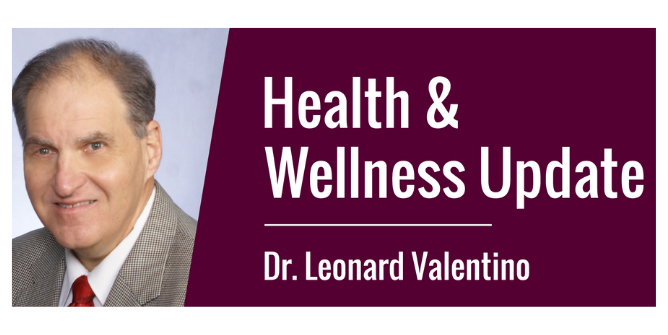
Comments From NHF’s Dr. Leonard Valentino About the COVID-19 Vaccine
The makers of two coronavirus vaccines, Pfizer and its German partner BioNTech, and Massachusetts-based Moderna, have applied to the FDA for emergency use authorization to begin vaccinating Americans. If both companies get authorization, the US government could begin distributing the vaccines before the end of December. The speed of the development and approval of these vaccines is like nothing we’ve ever seen before. It is inspiring to see science move so quickly, but it is instilling some worry in people. How can something developed so quickly be safe? Moreover, will the vaccines be safe for people with bleeding disorders?
These aren’t unreasonable questions, especially in a year that has gotten more than the usual mileage out of the term “unprecedented.” However, these questions do have answers.
It is true that the Pfizer/BioNTech and Moderna vaccines have been developed very quickly. But the technology behind the vaccines is not new. They both are what are called mRNA vaccines, which function very differently than the types of vaccines used in the past. mRNA vaccines, rather than using a weak or ineffective sample of the virus to trigger antibodies – like in a flu shot – mRNA vaccines instruct your cells to create a harmless protein (called “spike” protein) that your body recognizes as foreign, creating an immune system response. Papers describing this mRNA technology, discovered by Hungarian scientist Katalin Karikó (who oversees mRNA work for BioNTech) were first published in 2005.
Vaccines, as with all medicines and devices regulated by FDA, undergo a rigorous review of the laboratory and clinical data to ensure the safety, efficacy, purity and potency of these products. Vaccines approved for marketing may also be required to undergo additional studies to further evaluate the vaccine and often to address specific questions about the vaccine’s safety, effectiveness or possible side effects.
The FDA recognizes the seriousness of the current public health emergency and the importance of facilitating availability, as soon as possible, of vaccines to prevent COVID-19—vaccines the public will trust and have confidence in receiving.
An Emergency Use Authorization (EUA) is a mechanism to facilitate the availability and use of medical countermeasures, including vaccines, during public health emergencies, such as the current COVID-19 pandemic. Under an EUA, FDA may allow the use of unapproved medical products in an emergency to diagnose, treat, or prevent serious or life-threatening diseases or conditions such as infection with the virus that causes COVID-19 disease when certain statutory criteria have been met, including that there are no adequate, approved, and available alternatives.
With this understanding, the vaccines that will likely be available before the end of 2020 will have EUA status and not full FDA approval. This does not mean they are not safe. Even people with bleeding disorders can and should receive one of the vaccines when it is available. Of course, as with all medications, vaccines are no different, people must be monitored for side effects. This will be the shared responsibility of the people who receive the vaccine, their healthcare providers along with the FDA and the U.S. Centers for Disease Control and Prevention (CDC). We should all be in line (with a mask on and six feet between us) to receive the vaccine. I know I will when it’s available to me!
There is one possible concern for people with a bleeding disorder who may be considering gene therapy in the future. One drug that is in development by Regeneron will be using an adeno-associated virus to deliver a gene into the body using a nasal spray to create the COVID-19 antibody cocktail, similar to what was used intravenously by the President a few weeks ago. However, this drug is a ways away from clinical testing.
The distribution of the vaccine will be an enormous undertaking, involving both the federal and local governments. It is likely that for many of us, a vaccine will not be available until the spring or even summer of 2021. In the meantime, everyone should get the vaccines that are available that will help protect you against seasonal illness that can cause worse outcomes in patients with COVID-19. If you have not yet done so, get your annual flu shot. People over the age of 19 who haven’t gotten a Tdap (tetanus, diphtheria and pertussis) vaccine should ask their doctor for that vaccine as well.
Source: National Hemophilia Foundation